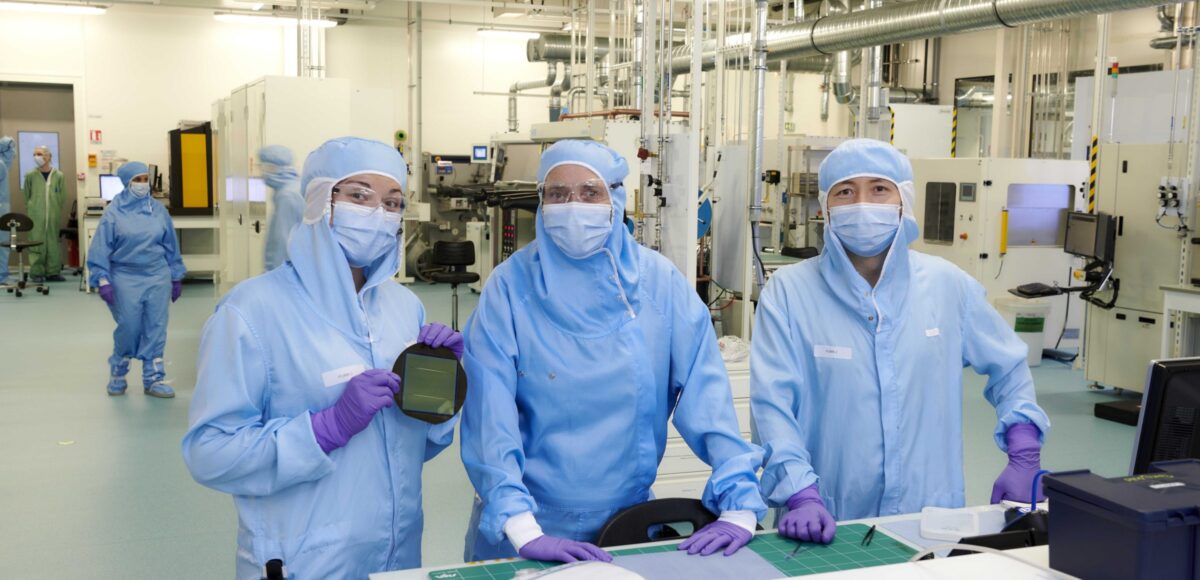Researchers at France's National Solar Energy Institute (INES) – a division of the French Alternative Energies and Atomic Energy Commission (CEA) – and Italian renewables specialist Enel Green Power claim to have achieved a power conversion efficiency of 29.8% for a two-terminal tandem perovskite-silicon solar cell.
The cell consists of a top cell based on a perovskite absorber and a bottom cell with a heterojunction (HJT) structure. It has an active area of 9 cm² and an open-circuit voltage above 1,900 mV.
The European Solar Test Installation of the European Commission’s Joint Research Centre (JRC) certified the result.
The scientists said the new result improves on the 28.4% efficiency they achieved for the same kind of cell in June.
“The decisive factor is the ability of our researchers to take the Tandem further towards an industrialization made possible by the choice of materials which, by working closely with CEA at INES, have allowed us to scale this technology to areas larger than cm²,” said Cosimo Gerardi, Chief Technology Officer at Enel's unit 3Sun.
CEA-INES and Enel did not reveal any additional technical details.
Enel Green Power through its unit 3Sun is betting on an n-type heterojunction (HJT) cell with an efficiency of 25.5% for its new 3 GW solar module factory now under construction in Catania, southern Italy. It recently said this could result in module efficiencies above 24%.
From 2026, Enel Green Power plans to offer even more efficient solar modules based on tandem silicon-perovskite cells. The final products will reportedly reach efficiencies of around 30%.
CEA-INES and Enel Green Power have jointly developed DC/DC maximum power point trackers (MPPT). They are also working on high-efficiency bifacial PV panels. In addition, they achieved a power conversion efficiency rating of 24.47% for a gallium-doped p-type heterojunction silicon solar cell in March 2022.
This content is protected by copyright and may not be reused. If you want to cooperate with us and would like to reuse some of our content, please contact: editors@pv-magazine.com.




By submitting this form you agree to pv magazine using your data for the purposes of publishing your comment.
Your personal data will only be disclosed or otherwise transmitted to third parties for the purposes of spam filtering or if this is necessary for technical maintenance of the website. Any other transfer to third parties will not take place unless this is justified on the basis of applicable data protection regulations or if pv magazine is legally obliged to do so.
You may revoke this consent at any time with effect for the future, in which case your personal data will be deleted immediately. Otherwise, your data will be deleted if pv magazine has processed your request or the purpose of data storage is fulfilled.
Further information on data privacy can be found in our Data Protection Policy.